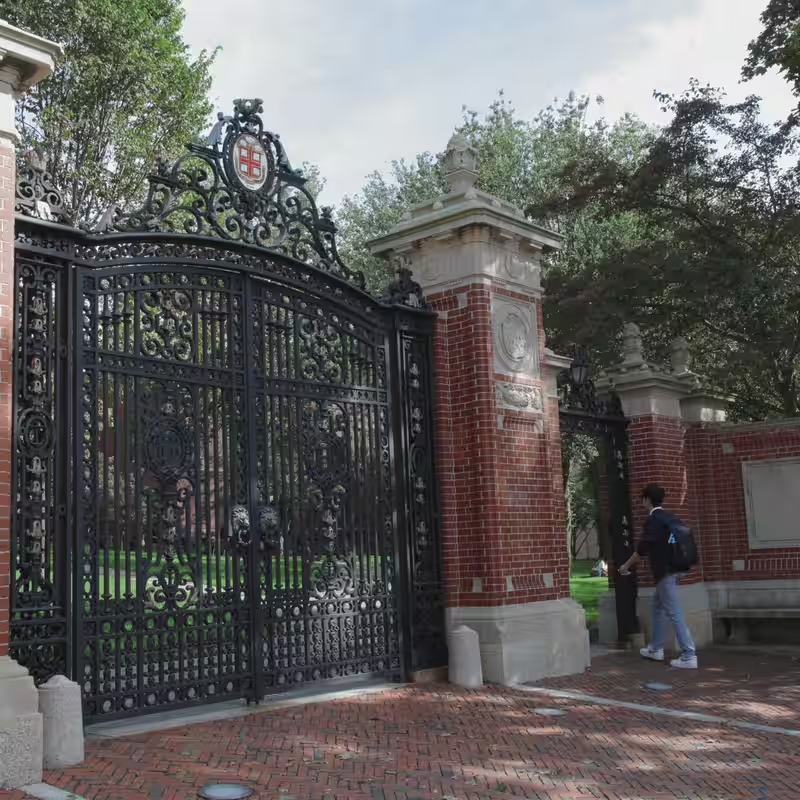Brown University has officially said no to a controversial White House proposal that would have granted it preferential access to federal funding—in exchange for policy concessions aligned with the Trump administration’s higher education agenda. The Ivy League institution is now the second university to publicly reject the deal, drawing national attention to the growing tension between academic independence and federal influence .
Table of Contents
- What Was the White House Deal?
- Why Brown Said No
- The Broader Implications
- Other Universities’ Response
- Political Reactions
- Sources
What Was the White House Deal?
The Trump administration recently introduced what it called a “Higher Education Compact”—a voluntary agreement offering universities special treatment in federal grant allocations if they committed to specific policy changes. These reportedly included adjustments to campus speech policies, curriculum transparency, and research oversight aligned with administration priorities .
In essence, schools that signed on would receive priority consideration for federal research grants, student aid programs, and infrastructure funding—a powerful incentive in an era of tightening budgets .
Why Brown Said No
In a firm statement released Wednesday, October 15, 2025, Brown University’s leadership declared that accepting the compact would “undermine the merit-based principles that govern academic and scientific inquiry” . University President Christina H. Paxson emphasized that Brown’s mission is rooted in intellectual freedom, not political compliance.
“Federal funding should be awarded based on the quality of research and educational impact—not on whether an institution agrees to external policy dictates,” Paxson stated .
This move comes just months after Brown had accepted a different federal agreement, making this rejection a notable shift in stance and signaling a hardening of institutional resolve .
The Broader Implications
Brown’s decision is more than symbolic. It sets a precedent for other elite institutions weighing the same offer. By refusing what amounts to a quid pro quo for federal dollars, Brown is drawing a line in the sand on academic autonomy—a core value in American higher education since its founding.
Critics of the White House compact argue it amounts to political coercion, using taxpayer money as leverage to reshape campus culture. Supporters, however, claim it promotes accountability and aligns universities with national priorities.
Other Universities’ Response
Brown is the second university to reject the deal, following another unnamed institution that declined earlier this month . While many schools remain silent, speculation is mounting over whether Harvard, Yale, or MIT will follow suit.
So far, no major university has publicly accepted the compact, suggesting widespread hesitation—or quiet resistance—across the academic landscape .
Political Reactions
The White House has yet to issue a formal response, but sources within the Department of Education expressed disappointment, calling Brown’s decision “a missed opportunity to partner on national educational reform” .
Meanwhile, Democratic lawmakers and academic advocacy groups have praised Brown’s stance. Senator Elizabeth Warren tweeted, “Colleges must remain bastions of free thought—not arms of political agendas.”
Brown University’s Stand Resonates Nationally
As the 2026 federal budget negotiations approach, Brown’s rejection may ignite a wider debate: Should taxpayer-funded institutions be required to conform to the sitting administration’s vision? For now, Brown has answered with a resounding no.




